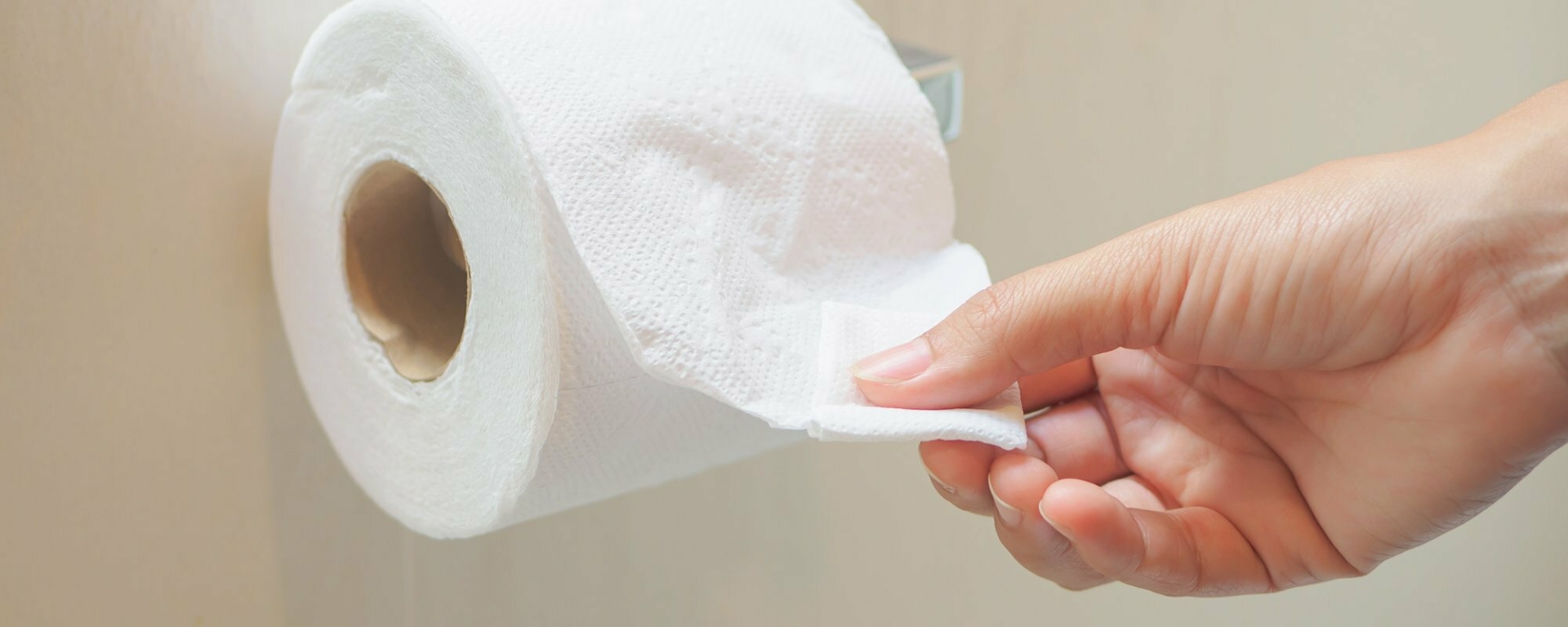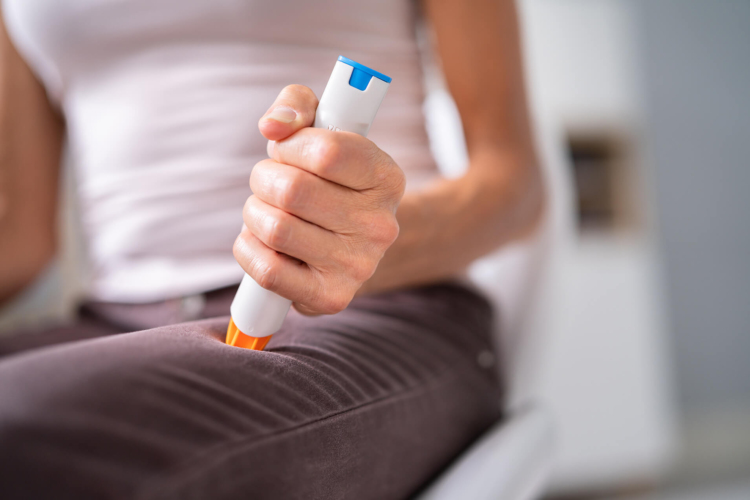Diarrhea: Causes and Solutions
Diarrhea is a very common digestive problem. Although extremely unpleasant, it usually only lasts about two days and goes away on its own. No matter what the cause is, hydration is the key to getting better quickly.
Symptoms
Diarrhea is characterized by:
- Loose and watery or soft stools;
- More frequent bowel movements (more than 3 times in 24 hours);
- Abdominal pain.
Common causes
The body absorbs and uses most of the water that passes through its digestive system. So, there is usually only a small amount of water in stools. If an illness, infection or indigestion affects how much water is absorbed through the intestine, there will be more water in the stool, which leads to diarrhea. The human body is an extremely complex and precise organism!
This imbalance in intestinal water absorption can be brought on by:
- Food indigestion or drinking contaminated water (e.g. traveller’s diarrhea);
- Food poisoning (salmonella, E. coli, etc.);
- Viral gastroenteritis;
- Stress;
- Some antibiotics: up to 30% of people who use antibiotics experience diarrhea;
- Lactose intolerance;
- Hyperthyroidism;
- A digestive disorder (celiac disease (gluten intolerance), Crohn’s disease, irritable bowel syndrome, etc.). These disorders cause chronic diarrhea.
- C. difficile (Clostridium difficile) infection: C. difficile is a bacteria that mostly spreads in healthcare settings. A stool analysis can be performed to confirm the diagnosis and determine a treatment plan. If diarrhea persists after the treatment is complete, it is recommended to consult a physician as soon as possible, although only a small percentage of cases get worse.
Solutions
Diarrhea is usually temporary, but you can give your body a boost by modifying your diet, staying hydrated and consulting your Accès pharma affiliated pharmacist to get advice on the right treatment for you.
Stay hydrated
Diarrhea should not be taken lightly; dehydration can lead to serious complications, particularly in children and older adults who may experience severe dehydration after one or two days of showing symptoms. Drinking enough fluids is crucial for anyone who has diarrhea.
Not only does diarrhea cause the body to lose water, but also electrolytes. Rehydration solutions (GastrolyteTM, PedialyteTM, etc.) can be effective because they replace both the fluids and the electrolytes that have been lost. They are available at the pharmacy in different forms. Your Accès pharma affiliated pharmacist can give you advice on what you should do depending on your situation.
You can make your own rehydration solution at home if you are unable to go to your pharmacy:
Homemade rehydration solution recipe:
- 360 ml of unsweetened pulp-free orange juice (not powder)
- 600 ml of water that has been boiled for 20 minutes and then cooled
- ½ teaspoon of table salt
Measure all ingredients, mix and keep the solution in the fridge.
It is recommended to drink small amounts of water frequently, that is 30 to 90 ml of water every 30 to 60 minutes for 24 hours or until the diarrhea has resolved. For children, it is better to ask your pharmacist for advice, because their weight will determine how much water they should drink and how often.
Symptoms of dehydration
If you or your child has one or more of the following symptoms, contact a physician right away:
Babies and young children
- Less frequent urination and decreased urine output (No urination for more than 6 to 8 hours for babies and for more than 8 to 10 hours for young children)
- Tearless crying;
- Dry skin, mouth and tongue;
- Sunken eyes;
- General weakness;
- Fever.
Adults
- Excessive thirst;
- Unusual weakness and fatigue;
- Dry lips, tongue and mouth;
- Less frequent urination and decreased urine output;
- Darker urine;
- Sunken eyes.
Changing your diet temporarily
Foods to eat (in small amounts frequently throughout the day):
- Crackers;
- Toasted white bread;
- White rice;
- Bananas;
- Pasta;
- Eggs;
- Cooked vegetables;
- Fresh fruit or fruit canned in their own juice.
Products to avoid:
- High-fat foods;
- Coffee, tea, and sugary drinks;
- Spicy food;
- Tobacco.
Taking medication or other products
Some medications slow down intestinal contractions, preventing a certain quantity of water from being evacuated in the stool. Their use is not always recommended. Your Accès pharma affiliated pharmacist can recommend a treatment based your situation.
Having good food hygiene
You can prevent infection, indigestion and food poisoning by washing your hands regularly for at least 20 seconds and making sure your food is safe to eat. Read our feature on traveller’s diarrhea to learn how to avoid it.
Medical emergencies and chronic illness
Diarrhea that lasts for more than four weeks is considered to be chronic. Chronic diarrhea can significantly decrease quality of life and, in some cases, it can be debilitating.
Other medical conditions can cause diarrhea, including:
- Celiac disease (gluten intolerance);
- Crohn’s disease;
- Irritable bowel syndrome;
- Hyperthyroidism;
- Food intolerance.
It is also strongly recommended to consult a physician as soon as possible if diarrhea is accompanied by one or more of the following symptoms:
- Symptoms that persist for more than 48 hours even when taking rehydration solutions;
- Diarrhea in infants (more than 7 to 10 stools per day);
- Stools containing blood or mucus;
- Dehydration symptoms;
- A fever that lasts for more than 48 hours;
- Severe abdominal pain;
- Vomiting for more than 48 hours and it’s not improving.
In any case, don’t ignore diarrhea. Your Accès pharma affiliated pharmacists has the expertise to answer all your questions.
This information is not a substitute for professional medical advice and Accès pharma affiliated pharmacist-owners cannot be held responsible for this information. The information was true and accurate at the time of publication, but it is subject to change.





